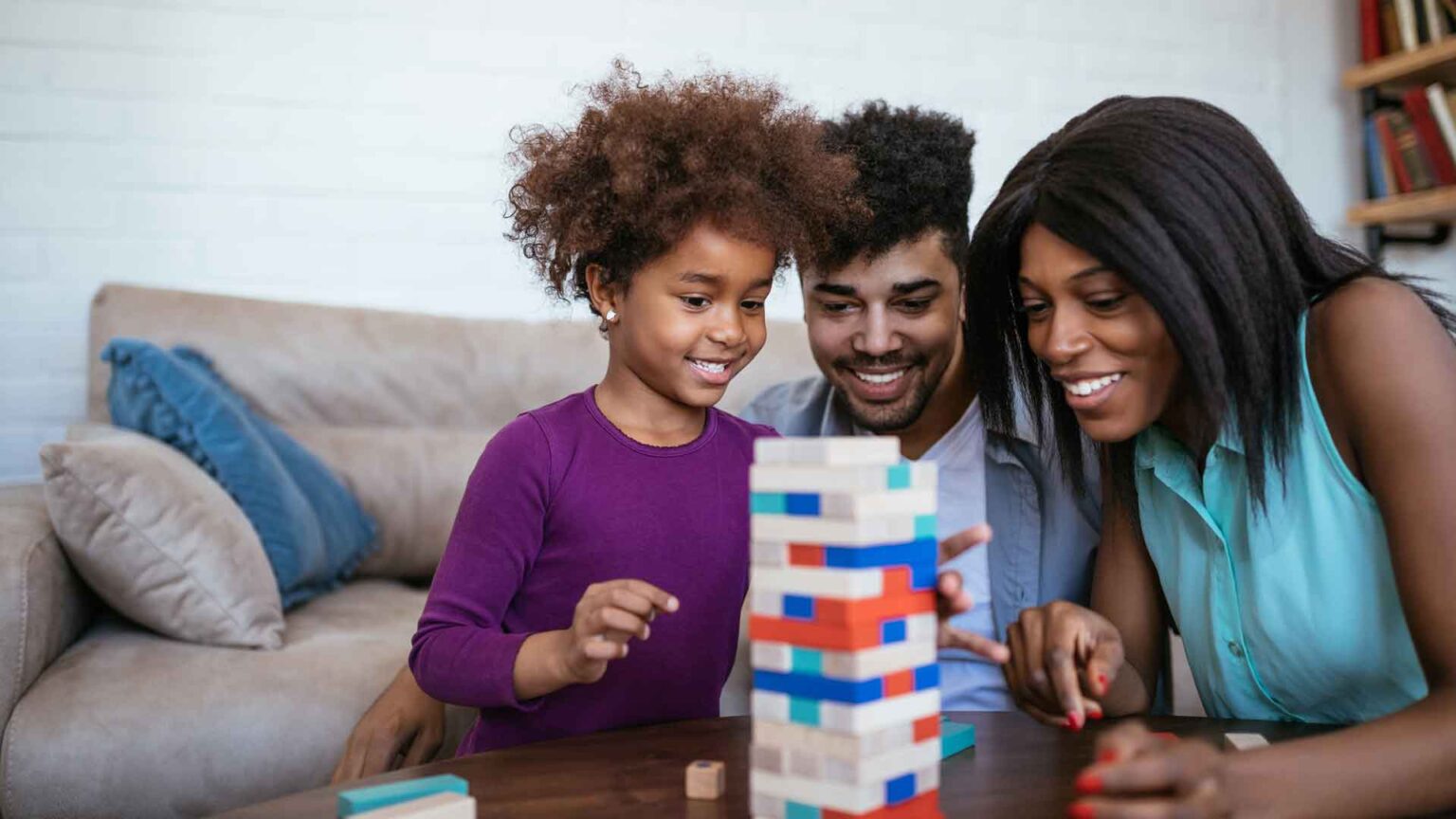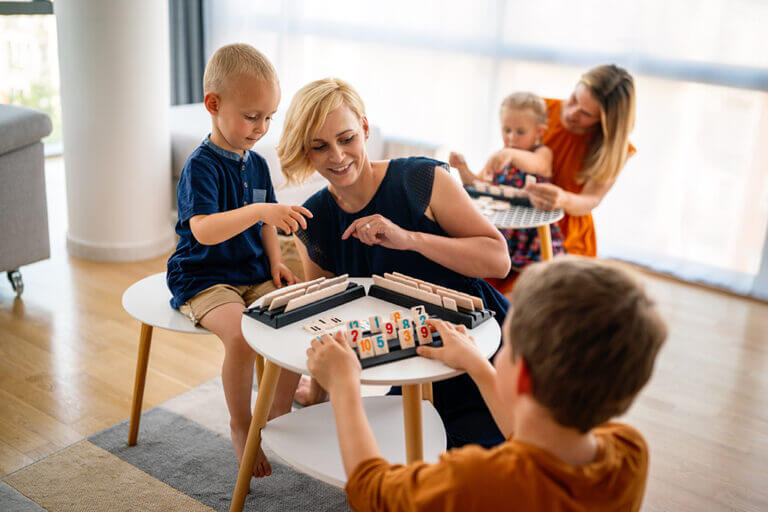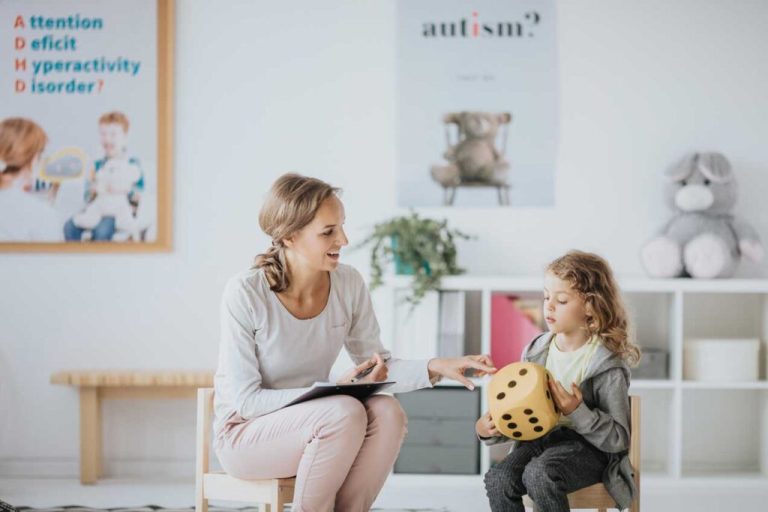Effective Communicative Skills for Parents
Every one of us has a story to tell. And as children grow up, they may find it more challenging to share their thoughts and feelings with others. It can lead to emotional outbursts that are difficult for parents or teachers to manage. Fortunately, new research on teaching effective communication skills is showing promising results! In this article, we’ll discuss how you can teach your children these skills, so they don’t feel frustrated in the future.

Use physical touch
Your children should learn how to express their feelings through touch. For example, if they’re angry or frustrated about something, hug them until they calm down. It is an effective way of showing love without having to say anything at all! It can also help decrease frustration levels by releasing calming chemicals into the brain called oxytocin which reduces cortisol (the stress hormone) production. Be mindful of body language cues. It is essential if your children are older.
For example, they may not want to talk about an issue bothering them unless you ask directly due to embarrassment or shyness. But don’t be afraid to show empathy with body language like nodding and maintaining eye contact, so they know it’s safe for them to open up! Don’t force eye contact during conversation.
Don’t be a burden while they speak.
If your child feels overwhelmed or anxious when talking with others, avoid staring at them while speaking too much to avoid making the situation worse by adding pressure into the mix. Instead, give some space until they feel comfortable again before continuing with a discussion together! Encourage self-expression through art & play activities.
Be patient while listening to them.
If your children are having a conversation with each other, don’t jump in immediately if they seem to resolve the issue themselves. Instead, please sit back, and observe for a bit to see how it develops. You can give your suggestion afterward. You must allow them time to work through their problems on their own so that they can learn from one another! It will give them confidence later when dealing with similar situations in real life. They’ll be able to take care of business without needing someone else there all the time! Watch out for non-verbal cues, too, like facial expressions or body language during conversations between two people. If you notice tension building up, offer assistance by asking what’s wrong rather than assuming anything right away since this could make things worse.
Teach them how to listen
Listening is one of the essential skills that your children will need to communicate effectively with others! Many times when they’re having a conversation, it can feel like they aren’t even listening at all due to their short attention span and the tendency for distraction. It may be especially true if you have more than one child who’s trying to speak over the top of each other or not allowing the other person a chance to get a word in edgewise. So try taking turns throughout your day by playing games together where only one person talks at a time while everyone else listens carefully without any interruptions from anyone else!

Respect their feelings
What they need to know is that it’s okay if their feelings change rapidly. For instance, sometimes, when children get frustrated or angry, the next minute, they turn around and laugh about what happened before! But we should never try to control this since kids can be unpredictable at times which makes them unique. We have to accept our children for who they are even though we may not understand everything clearly right away because of how quickly these mood changes come & go.
Be patient with your child when they are having an emotional meltdown.
Sometimes when people feel overwhelmed by emotions, they tend to cry or scream uncontrollably without any warning! It can cause others (especially parents) stress, which is why it’s essential to remain calm at all times, even if the situation seems complicated. Our children can only learn how to adequately express themselves through their emotions by taking things slow and allowing them time to gradually adjust since everyone has feelings that are triggered for different reasons. Don’t be afraid of showing affection towards your child during emotional moments like these!
Be mindful of your action.
Be aware of your child’s feelings and respect those accordingly! After all, we should never take anyone’s feelings lightly since it can make for tense interactions with other people who may feel disrespected or offended by what you’ve said (or not said). It takes time & patience. But if you keep practicing this daily, your children will eventually learn how to respond appropriately in social situations. They will learn that respecting others is crucial, like making eye contact while speaking, showing appropriate body language during conversations and avoiding rude behaviors even when they’re feeling upset about something someone else has done wrong. Keep trying no matter what because this trait will stick with them forever.
Children must learn how to communicate effectively with others. If you’re looking for a way to help your kids, we can provide you with some guidance. We have the tools and expertise needed to teach anyone these communication skills regardless of age or ability level. Let us know if this is something that interests you!







